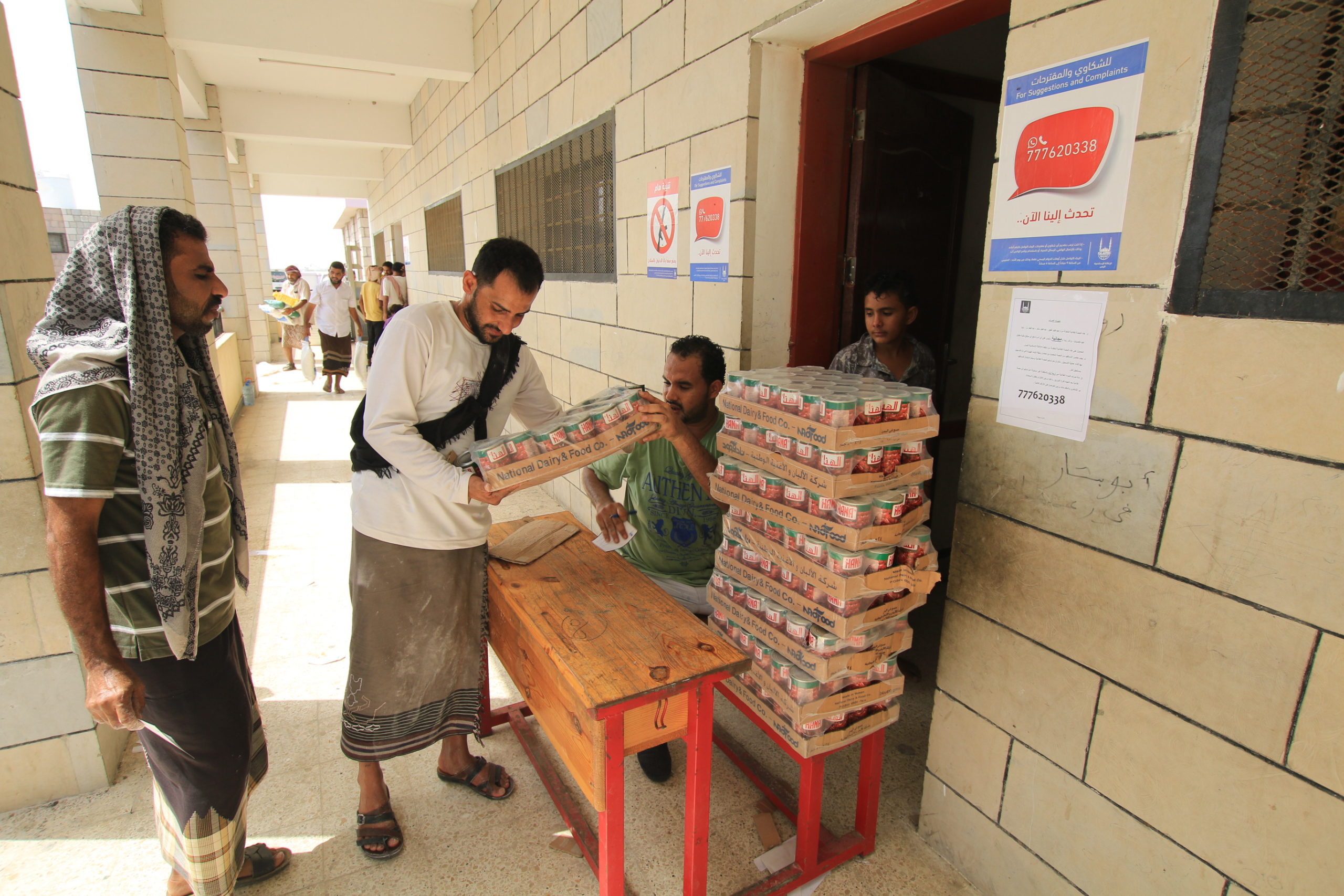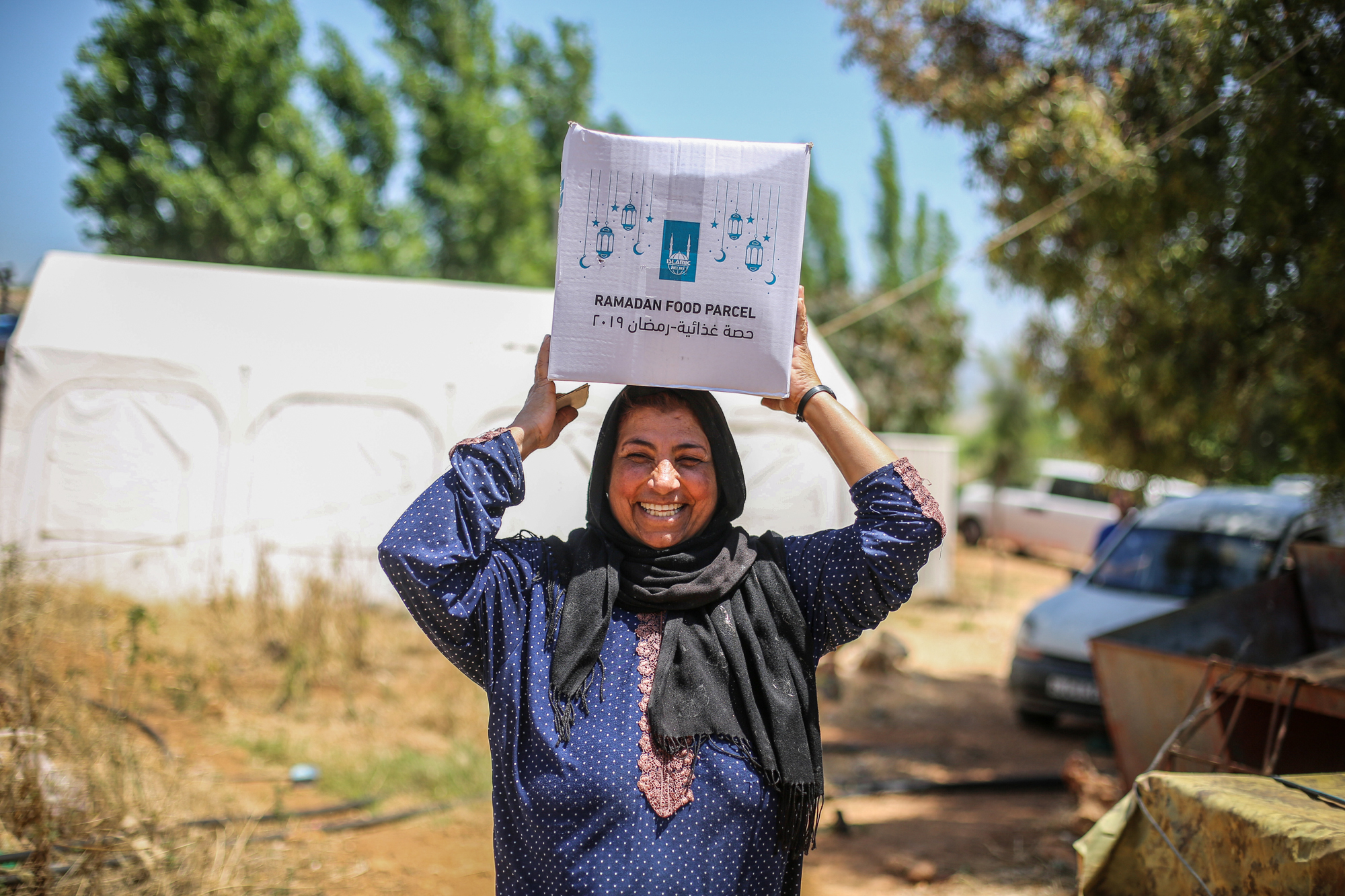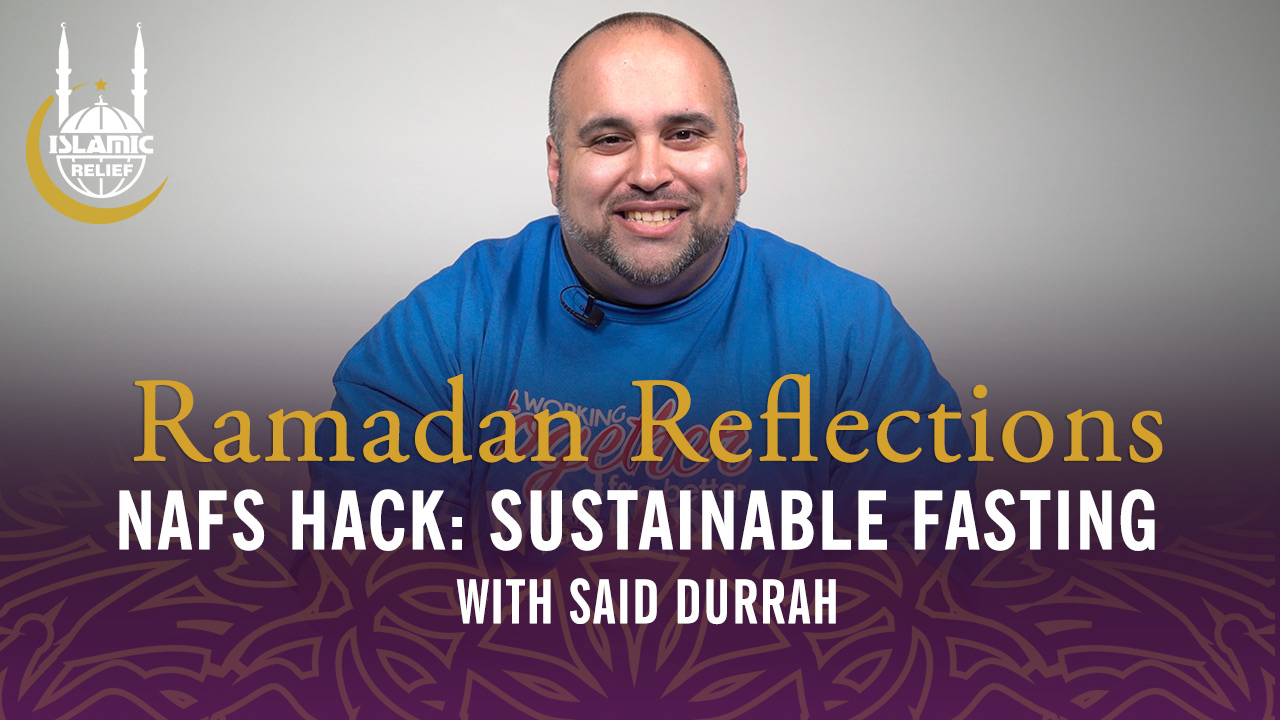
Why We can’t Forget Yemen

A look at where the world’s most devastating humanitarian crisis stands today.
“We are needy people and this basket helps us to get the basic food and this is the situation of many needy families in the area..when I received the basket from Islamic Relief, the happiness spread among the family members and my children feel very happy…it is not a problem for us to sleep hungry or to eat bread all times but it is a problem for the children.”
Hallah Ali Mohammed, Ibb province
Still facing hardship
It has been five years since the conflict in Yemen, one of the Arab World’s poorest countries, escalated in 2015. Up to date, more than 14 million people remain at risk of starvation, violence, forced displacement, and death, due to the lack of medical facilities or proper infrastructure.
The UN has considered the crisis in Yemen to be the world’s largest humanitarian crisis. Thousands of civilians have been displaced since the beginning of the war. An estimated 2 million children face acute malnourishment, while more than 350,000 children under five years old are fighting to survive. Even basic supplies remain scarce and out of reach for most families struggling to put meals on the table. Malnourished mothers have been reported to not being able to breastfeed their babies.
In addition to the aforementioned crises, more than half of the country’s health facilities have been destroyed in the conflict, leaving almost 20 million people without access to adequate medical healthcare. Hospitals are overwhelmed, and help, if available, often comes too late.
Citizens are also enormously suffering from lack of hygiene, water, and proper sanitation facilities, which has led to repeated outbreaks of diseases, cholera being the deadliest. According to the World Health Organization, more than 1.2 million cases of cholera have been reported as of October 2018, and more than 2,500 people—58% of children—have died in the outbreak.
Since the conflict began, IRUSA has been delivering life-saving aid in almost all Yemeni provinces. Its latest emergency cholera rapid response started in 2019 and has assisted more than 13,000 people. This project contributed to the reduction of mortality and morbidity rate due to the current outbreak of cholera and reduced the spread of the epidemic through supporting Diarrheal Treatment Centers (DTCs) and Oral Rehydration Corners (ORCs).
Furthermore, IRUSA has been providing food baskets to help breadwinners feed their families, and spread some happiness during these testing times. When the current public health crisis subsides, it is important to remember Yemen, as the people there will likely experience the ripple effects.




